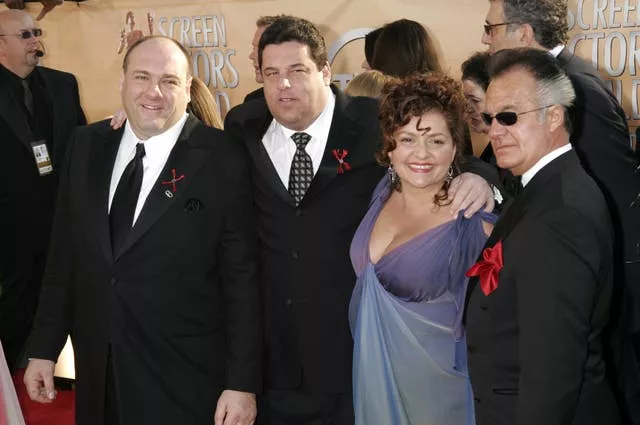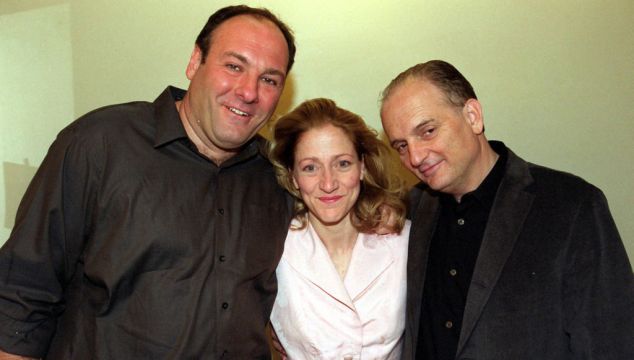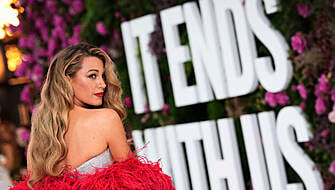The creator of critically hailed TV show The Sopranos has said he has been told to “dumb down” his writing and storylines.
David Chase created the HBO series, about mafia boss Tony Soprano (James Gandolfini) coping with family and work, which has often topped the list of greatest TV shows.
Talking to The Times about the 25th anniversary of the drama he created in 1999, Chase discussed the start of increasingly higher-quality TV shows in the 1990s and 2000s, which also saw The Wire, The West Wing and Breaking Bad become hits.
However, he said instead of celebrating 25 years “maybe we should look at it like a funeral”.
“That was a blip. A 25-year blip, and to be clear, I’m not talking only about The Sopranos, but a lot of other hugely talented people out there who I feel increasingly bad for,” Chase said.

He added that before the 1990s and 2000s, US channels were an “artistic pit” and “shithole”
Chase said: “The process was repulsive. In meetings these people would always ask to take out the one thing that made an episode worth doing. I should have quit.”
However, he said that streaming companies are now “going back to where I was”, and also putting in commercials, referring to Amazon’s Prime Video and Netflix introducing advertisements on their platforms.
“I’ve already been told to dumb it down,” he added.
“So, it is a funeral – something is dying.”
Since The Sopranos ended in 2007 after six series, the 78-year-old writer and producer has had a film career.
In 2012 he released Not Fade Away, about friends starting a rock band in the 1960s, also starring Gandolfini, who died in 2013.
Chase then wrote a prequel to The Sopranos, called The Many Saints Of Newark, which saw Gandolfini’s son Michael Gandolfini play a young Tony in the 1960s.
The mob film follows Dickie Moltisanti (Alessandro Nivola), Tony’s uncle, as he tries to balance mistresses, his wife and work with the family business.
In the Writers Guild Of America list of the 101 best-written TV series, The Sopranos was number one, with the union saying it “did indeed become a show about a mob boss with mother problems, it quickly sprawled to comment upon, or observe, innumerable aspects of American life, from the efficacy of psychotherapy to the ways in which a family-run business, even the Mafia, was dying out to a corporatizing culture”.







